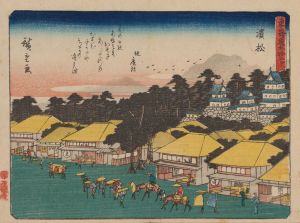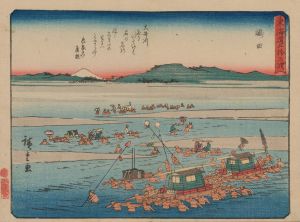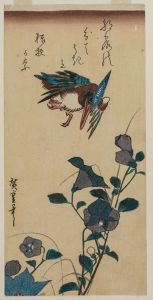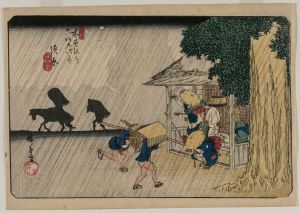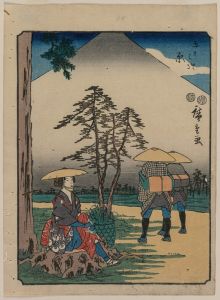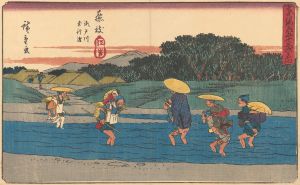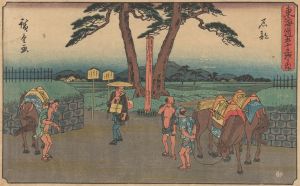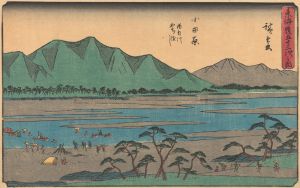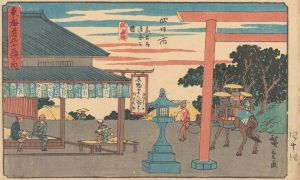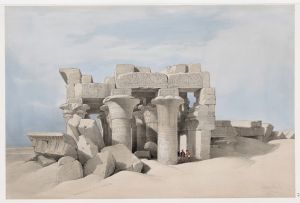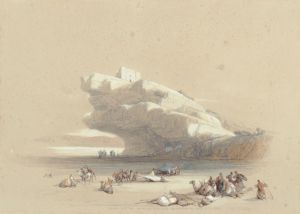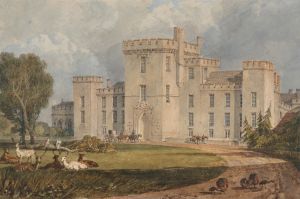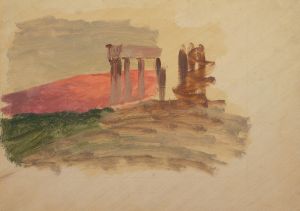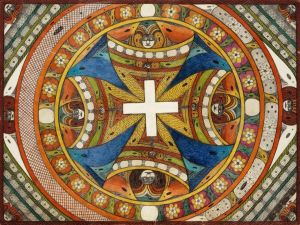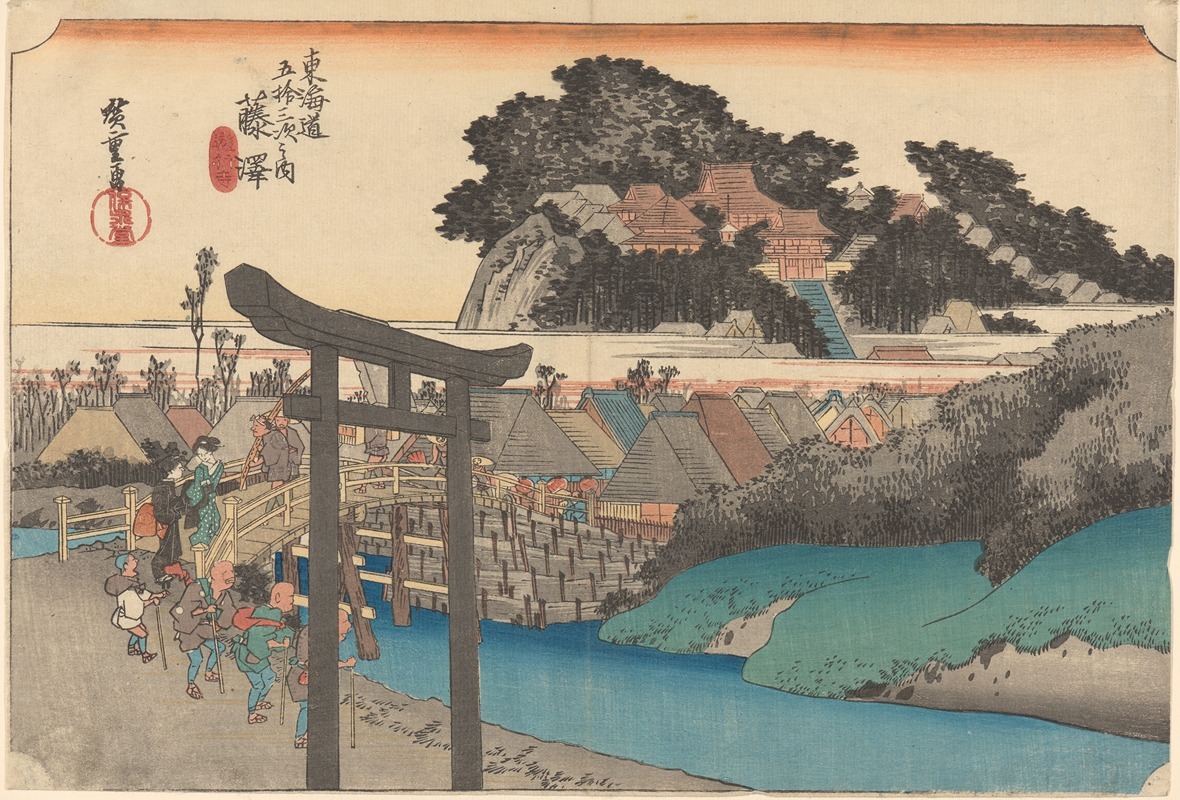
Fujisawa; Yugyôji [temple name]
A hand-painted replica of Andō Hiroshige’s masterpiece Fujisawa; Yugyôji [temple name], meticulously crafted by professional artists to capture the true essence of the original. Each piece is created with museum-quality canvas and rare mineral pigments, carefully painted by experienced artists with delicate brushstrokes and rich, layered colors to perfectly recreate the texture of the original artwork. Unlike machine-printed reproductions, this hand-painted version brings the painting to life, infused with the artist’s emotions and skill in every stroke. Whether for personal collection or home decoration, it instantly elevates the artistic atmosphere of any space.
"Fujisawa; Yugyôji" is a woodblock print created by the renowned Japanese ukiyo-e artist Andō Hiroshige (1797–1858). This artwork is part of Hiroshige's celebrated series The Fifty-three Stations of the Tōkaidō (Tōkaidō Gojūsan-tsugi no Uchi), which was first published in the 1830s. The series depicts the 53 post stations along the Tōkaidō, a major travel route connecting Edo (modern-day Tokyo) to Kyoto during the Edo period. Each print in the series captures a specific station and its surrounding scenery, offering a glimpse into the landscapes, architecture, and daily life of the time.
The "Fujisawa" station is the sixth stop along the Tōkaidō, located in present-day Fujisawa City, Kanagawa Prefecture. This print prominently features Yugyō-ji, a Buddhist temple that was historically significant in the region. Yugyō-ji, also known as the Fujisawa Shōjōkō-ji, serves as the head temple of the Ji sect of Buddhism, which was founded by Ippen in the 13th century. The temple was a notable landmark for travelers passing through Fujisawa, and its inclusion in Hiroshige's work reflects its cultural and religious importance during the Edo period.
In the composition, Hiroshige employs his signature style of combining natural and architectural elements to create a harmonious scene. The print depicts a view of the temple grounds, with travelers and pilgrims walking along the road leading to the temple. The figures are shown in motion, emphasizing the bustling activity of the station. The temple's gate and surrounding trees are rendered with delicate detail, while the background features a serene landscape, characteristic of Hiroshige's ability to evoke a sense of place.
Hiroshige's The Fifty-three Stations of the Tōkaidō series was highly popular during his lifetime and remains one of the most iconic works of Japanese art. The prints not only served as souvenirs for travelers but also as a means for people who could not journey along the Tōkaidō to experience its sights vicariously. "Fujisawa; Yugyôji" exemplifies Hiroshige's talent for capturing the essence of a location while blending realism with artistic interpretation.
This print, like others in the series, was created using traditional woodblock printing techniques, involving a collaboration between the artist, carvers, and printers. The vibrant colors and intricate details of the work highlight the craftsmanship involved in its production. Today, original impressions of "Fujisawa; Yugyôji" are held in museum collections and private holdings worldwide, where they continue to be appreciated for their historical and artistic significance.





